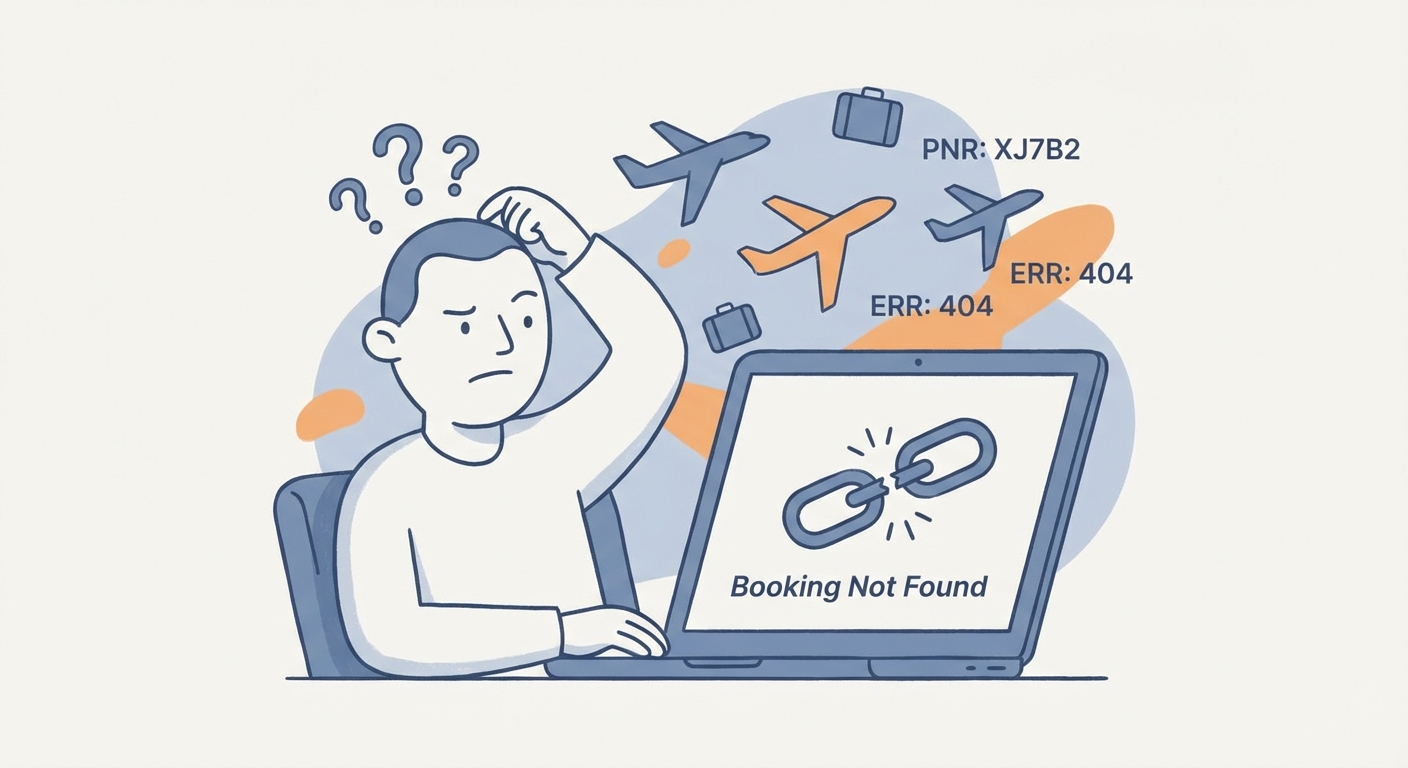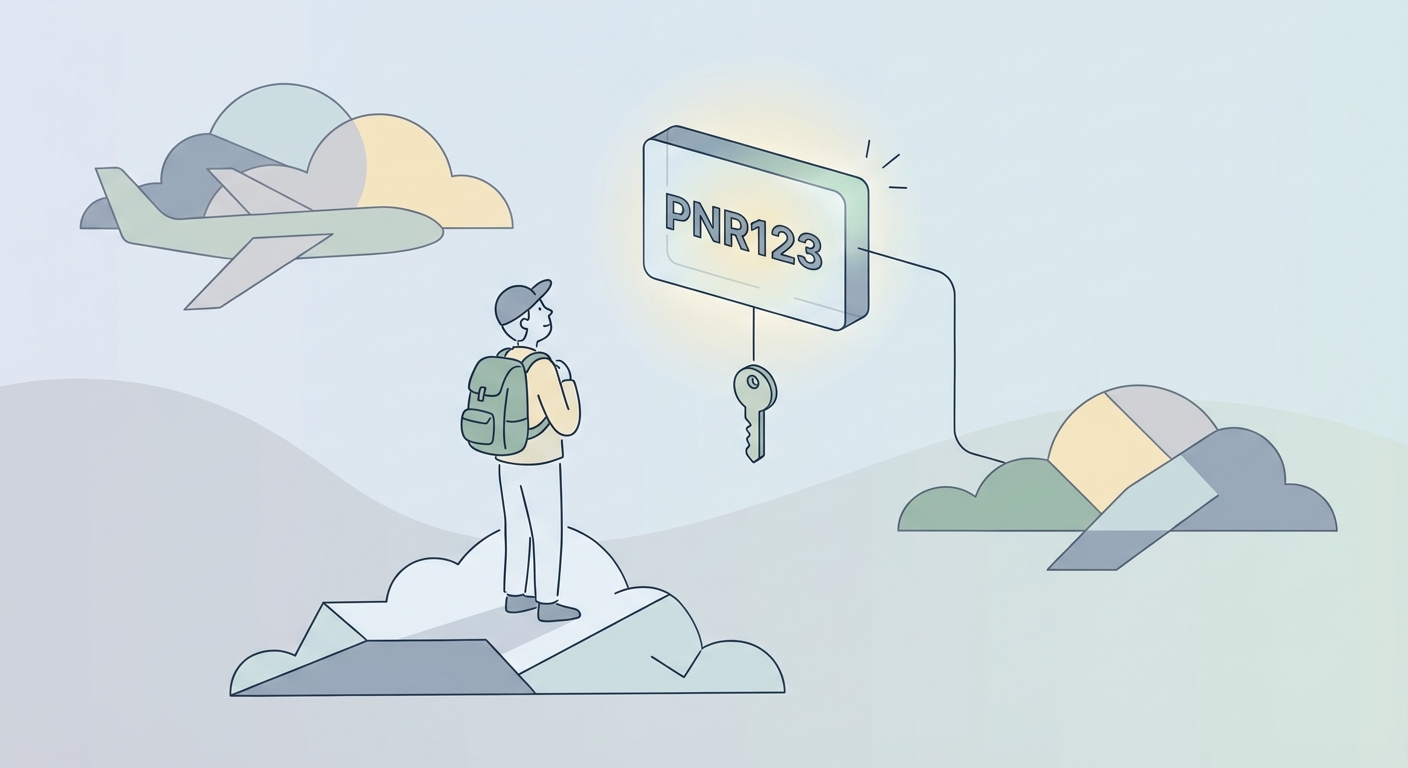Navigating the Tax Maze: A Remote Worker's Guide to International Travel
TL;DR
- This article unravels the complexities of remote work travel taxation, covering eligibility for deductions, home office considerations, and potential tax implications when working abroad. It guides remote adventurers on how to navigate tax rules, optimize deductions, and ensure compliance while exploring the world.
Navigating the Tax Maze: A Remote Worker's Guide to International Travel
Decoding Remote Work Tax Deductions: Are You Eligible?
Remote work offers a world of flexibility, but navigating the tax implications can feel like scaling a financial Everest. Are you leaving money on the table by missing out on eligible tax deductions?
The first step is understanding your employment status. Self-employed individuals, or independent contractors, generally have more opportunities for tax deductions related to remote work than traditional employees. Remote.com explains that this difference stems from the ability of self-employed individuals to deduct business expenses.
- Self-employed individuals can deduct a wide range of business expenses. This includes costs for insurance, rent, utilities, and equipment directly related to their business.
- Remote employees, on the other hand, face stricter limitations. They can typically only deduct expenses if they fall under specific exceptions. These exceptions include those working in the performing arts, government officials, and military reserve forces. The rationale behind these exceptions often relates to the unique nature of their work or specific circumstances that necessitate certain business-related expenses.
- As a general rule, employees should seek reimbursements from their employers for work-related expenses. This approach ensures that necessary costs are covered without complicating individual tax filings.
For self-employed individuals, the home office deduction can provide significant savings. If you use a portion of your home exclusively and regularly for business, you may be able to deduct a percentage of your home expenses. These expenses can include mortgage interest, property taxes, insurance, and utilities.
The IRS has strict guidelines for home office deductions. One key requirement is the "exclusive use" rule, meaning the space must be used solely for business purposes.
- The standard method requires you to keep track of all home office expenses, including costs related to repairs and maintenance.
- The simplified method allows you to deduct $5 per square foot of your office, up to 300 square feet. This method offers ease of calculation with a maximum deduction of $1,500 per year, as mentioned by Remote.com.
Choosing the best method depends on your individual circumstances.
Deductible business expenses must be directly related to your business. Common deductions include insurance, rent, utilities, internet, equipment, repairs, and advertising.
- Insurance: Professional liability insurance, business auto insurance, and health insurance premiums (for self-employed individuals) are deductible.
- Rent: If you rent an office space, the rent is fully deductible. If you work from home, you may be able to deduct a portion of your rent.
- Utilities: Electricity, gas, water, and other utilities used in your business are deductible.
It's crucial to keep detailed records of all expenses, including receipts and bank statements, to substantiate deductions.
Understanding these deductions is just the beginning. Next, we'll delve into the crucial distinction between employees and independent contractors and how it impacts your tax obligations.
The Crucial Distinction: Employees vs. Independent Contractors
The difference between being an employee and an independent contractor isn't just a matter of job title; it has significant tax implications. Understanding this distinction is vital for remote workers to correctly manage their tax obligations and leverage available deductions.
Independent Contractors (often referred to as self-employed individuals) generally have more flexibility and opportunities for tax deductions. They are essentially running their own business. This means they can deduct a wide range of ordinary and necessary business expenses directly related to their work. This can include things like:
- Home office expenses: If a portion of their home is used exclusively and regularly for business.
- Business insurance: Such as professional liability or business auto insurance.
- Supplies and equipment: Necessary tools and materials for their work.
- Travel expenses: For business-related trips.
- Self-employment taxes: Half of the self-employment tax paid is deductible.
Employees, on the other hand, have a more limited ability to deduct work-related expenses. For most employees, unreimbursed business expenses are no longer deductible on federal tax returns, with a few specific exceptions. These exceptions typically apply to:
- Performing artists: Who meet certain criteria.
- Certain government officials and employees: Who are paid on a fee basis.
- Members of the military reserve forces: Traveling to reserve meetings.
The rationale behind these exceptions often relates to the unique nature of these professions and the specific types of expenses they incur that are not typically reimbursed by an employer. For employees, the primary way to cover work-related costs is through employer reimbursements. If an employer reimburses an employee for business expenses, these reimbursements are generally not considered taxable income, provided they meet certain IRS guidelines.
For remote workers, especially those who are independent contractors, meticulous record-keeping is paramount. This includes maintaining receipts, invoices, and bank statements to substantiate any deductions claimed.
Tax Implications of Traveling to the Office: Commute or Business Trip?
Is your trip to the office a commute or a business trip? For remote workers, the answer impacts your tax obligations significantly. Let's break down how the IRS distinguishes between the two and what it means for your tax return.
The critical question revolves around whether the travel from your home to the office is a personal commute or a business trip. Generally, reimbursements for commuting are taxable. To be tax-free, employer payments for travel between your home and the office must meet specific requirements.
- Commuting: Travel from your home to a regular place of business.
- Business Trip: Travel to a temporary work location from a regular work location.
Employers should exercise caution when determining the tax consequences of costs incurred for employee travel between their personal residence and the employer’s office or another work location. Common pitfalls include misclassifying travel as business when it's a personal commute, which can lead to taxable income for the employee and potential penalties for the employer. Employers should ensure clear policies and documentation are in place.
Commuting expenses can be a tax-free benefit if they meet the requirements of Internal Revenue Code (IRC) Section 132(f). Employers can provide tax-free Qualified Transportation Fringe (QTF) benefits up to a monthly limit for transportation in a commuter highway vehicle, transit passes, or qualified parking.
- Monthly Limit: The monthly limit was $280 in 2022.
- Ad Hoc Reimbursements: The QTF exclusion can apply to individual reimbursements if you provide the required documentation.
Many transportation modes, like personal vehicles or ride-sharing services, don't qualify as QTF but can still be tax-free. This is possible if the benefit qualifies as a working condition fringe benefit under Section 132(d). A working condition fringe benefit is a service that would be deductible if the employee paid for it themselves. For a remote worker traveling to a physical office, this might apply if the travel is deemed necessary for the employer's business and not just a personal convenience. For example, if an employee is required to visit a client site or a company office that is not their regular place of work, and the employer reimburses them, it could fall under this.
- Temporary Work Location: Employees with regular work locations away from their residence may deduct daily transportation expenses between their home and a temporary work location.
Understanding these distinctions is key to correctly classifying your travel expenses. Next, we'll explore the concept of "tax home" and how it influences your ability to deduct travel expenses.
The Convenience-of-the-Employer Rule: A State-by-State Breakdown
Is your state taxing you for a job located elsewhere? Remote workers face unique tax challenges, especially when state lines blur the lines of income taxation.
Some states have a "convenience-of-the-employer" rule. This means they tax your income based on your employer's location, not where you physically work. This only applies if your remote work is for your convenience and not a necessity for the employer. The rationale behind this rule often stems from historical tax structures designed for a more geographically concentrated workforce, where an employer's location was a strong indicator of where employees would work. States with this rule aim to capture tax revenue from economic activity that originates within their borders, even if the employee is physically elsewhere.
- If you work remotely for your own convenience, you might have to file and pay taxes in both your resident state and your employer's state.
- Double taxation can occur if your state doesn't offer a credit for taxes paid to the employer's state, creating a financial burden.
- The specific interpretation of this rule varies by state, so it's essential to understand the nuances.
Currently, eight states enforce the convenience-of-the-employer rule. These states are Arkansas, Connecticut, Delaware, Massachusetts, Nebraska, New Jersey, New York, and Pennsylvania.
- These states may require you to pay income taxes even if you never set foot within their borders.
- The impact can be significant, especially if the income tax rate in the employer's state is higher than your own.
- It is in your best interest to consult a tax professional for tailored advice on your specific situation. If you believe you are being unfairly taxed under this rule, seeking professional guidance is crucial. They can help you assess whether your remote work arrangement truly falls under the "convenience of the employer" and advise on any necessary forms or appeals.
Tax reciprocity agreements can provide relief from double taxation. These agreements allow employees to file and pay income tax only in their state of residence, simplifying the process.
- There are reciprocity agreements among 16 states and the District of Columbia.
- If your state and your employer's state have such an agreement, you can avoid the complexities of filing in multiple states.
- Always verify if a reciprocity agreement exists between your state and your employer's state to ensure compliance and avoid overpayment of taxes.
Navigating these rules can be tricky, so next we'll explore the concept of "tax home" and how it impacts your ability to deduct travel expenses.
International Remote Work: Navigating Global Tax Laws
Tax laws regarding international remote work can feel like a tangled web, but understanding the rules can save you from unexpected tax bills. Let's explore how the 183-day rule, the Foreign Earned Income Exclusion (FEIE), and residency tests impact your tax obligations.
Many countries use the 183-day rule to determine tax residency. If you reside in a country for at least 183 days during a tax year, that country may consider you a tax resident.
- This means you could be subject to that country's income tax laws.
- Some countries have lower thresholds for tax residency, so it's essential to research the specific rules of the country where you're working. For instance, some countries might consider you a tax resident after just 90 days or if you establish a permanent home there, regardless of the duration of your stay.
- If you meet the requirements for tax residency in a foreign country, determine if that country has a tax treaty with the US to avoid double taxation, as mentioned by Becker. A tax treaty is essentially an agreement between two countries that aims to prevent individuals and businesses from being taxed twice on the same income. You can typically find information about tax treaties on the IRS website or by consulting a tax professional.
US citizens working abroad can take advantage of the Foreign Earned Income Exclusion (FEIE) to reduce their US tax liability. This allows you to exclude a certain amount of your foreign-earned income from US taxation.
- For 2024, the FEIE allows you to exclude up to $126,500 of foreign-earned income.
- To qualify, you must meet either the bona fide residence test or the physical presence test and have a tax home in the foreign country, according to Becker.
- US government employees generally don't qualify for the FEIE. This is because their income is typically considered US-source income, even if they are working abroad, and they are usually subject to US tax laws without the need for exclusions like the FEIE.
To qualify for the FEIE, you must meet one of two tests:
- Bona Fide Residence Test: You must intend to be a resident of the foreign country for an uninterrupted period that includes an entire taxable year. This involves demonstrating significant ties to that country, such as owning property, having family there, or being employed there long-term.
- Physical Presence Test: You must be physically present in the foreign country for at least 330 full days in a 12-month period. This test is more objective and relies purely on the number of days spent in the foreign country.
Choosing the test that best fits your circumstances is crucial for claiming the FEIE and minimizing your tax burden. Keep in mind that you must also have a tax home in the foreign country, meaning your primary place of business is located there.
Understanding these rules is key to navigating the complexities of international remote work and minimizing your tax obligations. Next, we'll explore the differences between the bona fide residence test and the physical presence test in more detail.
Defining Your Tax Home and Abode for International Tax Purposes
Is your "tax home" a physical place, or just a concept? Understanding the nuances of "tax home" and "abode" is key for remote workers navigating international tax laws and claiming the Foreign Earned Income Exclusion (FEIE).
Your tax home is not necessarily where you live. It's the general area of your regular place of business, employment, or post of duty.
- To qualify for the Foreign Earned Income Exclusion, you must have a tax home in a foreign country, as Becker previously mentioned.
- This means you need to be working primarily in that foreign location.
- For example, imagine that you are a software engineer who spends most of the year working in Berlin. Berlin is likely your tax home.
You cannot have a tax home in a foreign country if your abode is in the US. The location of your abode determines whether you can establish a tax home abroad.
Abode refers to the country where you have the strongest economic, familial, and personal ties. It is a critical factor in determining your eligibility for the FEIE.
- If your ties to the US are stronger than those to the foreign country, your abode remains in the US.
- Even if you meet the physical presence test, you won't qualify for the FEIE if your abode is in the US.
- For example, a financial analyst working temporarily in London but maintaining a home, family, and investments in the US would likely have their abode in the US.
US citizens can take a credit for income taxes paid to foreign countries. This credit can be taken instead of the Foreign Earned Income Exclusion.
- If you elect to take the credit, all foreign earned income must be included in your total income.
- This approach may be beneficial if your foreign tax rate is higher than the US rate, potentially offsetting your US tax liability.
- However, careful calculation is essential to determine whether the FEIE or the tax credit provides the greater benefit.
The Bona Fide Residence Test vs. Physical Presence Test: Which is Right for You?
When it comes to qualifying for the Foreign Earned Income Exclusion (FEIE), you need to meet either the bona fide residence test or the physical presence test. These two tests have different requirements and can impact your eligibility based on your circumstances.
Bona Fide Residence Test
This test focuses on your intent and the strength of your ties to a foreign country. To qualify, you must:
- Be a U.S. citizen or resident alien.
- Establish bona fide residence in a foreign country for an uninterrupted period that includes an entire taxable year. This means you must intend to live in that country indefinitely, or for an indefinite period.
- Have a tax home in that foreign country.
Factors the IRS considers when determining bona fide residence include:
- Your intentions: Do you intend to return to the U.S. permanently or only temporarily?
- Your activities: Do you own or rent a home abroad? Do you have family there? Are you employed there? Do you have bank accounts or investments in the foreign country?
- Your visa status: Does your visa allow for long-term residency?
Essentially, you need to demonstrate that you have made a genuine commitment to living in the foreign country.
Physical Presence Test
This test is more straightforward and relies on objective measurement of time. To qualify, you must:
- Be a U.S. citizen or resident alien.
- Be physically present in a foreign country for at least 330 full days during any consecutive 12-month period. This period does not have to coincide with your tax year.
- Have a tax home in a foreign country.
The 330 days do not need to be consecutive. You can travel in and out of the foreign country, but you must be physically present there for the majority of the 12-month period.
Choosing the Right Test
The best test for you depends on your travel patterns and your intentions.
- If you plan to live in a foreign country for an extended period and establish strong ties there, the bona fide residence test might be more suitable.
- If your travel is more sporadic, or you are unsure about your long-term intentions, but you spend a significant amount of time abroad, the physical presence test might be easier to meet.
It's important to note that you can only claim the FEIE if you meet one of these tests and have a tax home in a foreign country. You cannot claim both tests simultaneously for the same period. Consulting with a tax professional can help you determine which test is most advantageous for your situation.
Triply: Crafting Unforgettable Remote Work Adventures
Ready to ditch the desk and embrace the world? Navigating the tax implications of remote work can be tricky, but planning your adventures doesn't have to be.
Discover personalized travel itineraries tailored to your remote work style with Triply. Imagine crafting a bespoke adventure that blends productivity with exploration.
- Triply helps you find destinations with reliable Wi-Fi for seamless connectivity.
- You can discover accommodations equipped with ergonomic workspaces to maximize comfort and efficiency.
- Triply also provides options for cultural immersion, allowing you to explore local traditions and cuisines.
Triply offers a curated selection of activities, attractions, and local experiences to enhance your work-life balance on the go.
- Whether you're into hiking, historical sites, or foodie tours, Triply will help you find activities that complement your work schedule.
- This platform ensures you can unwind and recharge after a productive day.
- Imagine exploring ancient ruins in the morning and attending a cooking class in the evening.
Simplify booking hotels and activities with Triply's user-friendly platform designed for digital nomads.
- The platform streamlines the process of finding and booking accommodations, activities, and transportation.
- You can filter options based on your budget, preferences, and work requirements.
- Digital nomads can enjoy a hassle-free experience, allowing them to focus on their work and enjoy their destination.
Explore a wide range of international and domestic travel packages designed for remote workers seeking adventure and productivity. From tropical beaches to bustling cityscapes, Triply offers diverse destinations to suit every taste.
- You can find packages that include flights, accommodations, and activities, all tailored to remote work needs.
- These packages ensure a seamless and stress-free travel experience.
- Imagine working from a beachfront villa in Bali or a cozy apartment in Paris, with all the details taken care of.
Triply handles the logistics, so you can focus on your work and enjoy your destination.
- The platform takes care of all the details, from booking flights and accommodations to arranging local transportation.
- You can rest assured that your travel arrangements are in expert hands.
- Imagine arriving at your destination with everything perfectly planned, allowing you to dive straight into work and exploration.
Customize your travel experience with options for extended stays, coworking spaces, and cultural immersion activities.
- You can tailor your itinerary to match your unique needs and preferences.
- Extended stays allow you to fully immerse yourself in a new culture and lifestyle.
- Coworking spaces provide a professional environment to collaborate with other remote workers.
- Cultural immersion activities offer a deeper understanding of local traditions and customs.
Leverage Triply's expert vacation planning services to create a seamless remote work travel experience.
- The platform connects you with experienced travel advisors who understand the unique needs of remote workers.
- These experts can provide personalized recommendations and support throughout your journey.
- Imagine having a dedicated travel advisor to handle all the details, allowing you to focus on your work and relaxation.
Get personalized recommendations for destinations, accommodations, and activities based on your preferences and budget.
- Triply's travel advisors work closely with you to understand your interests, budget, and work requirements.
- They curate a selection of options that perfectly match your needs.
- Imagine receiving a tailored itinerary that includes hidden gems, local favorites, and must-see attractions.
Enjoy peace of mind with 24/7 support throughout your journey.
- Triply offers round-the-clock support to address any issues that may arise during your trip.
- Whether it's a flight delay, a lost passport, or a medical emergency, you can rest assured that assistance is just a phone call away.
- Imagine traveling with the confidence that you have a reliable support system in place.
With Triply, you can transform your remote work life into a series of unforgettable adventures.
Staying Compliant: Tips and Resources for Remote Workers
Tax compliance as a remote worker can be complex, but staying informed is key. Let's explore some essential tips and resources to help you navigate this maze.
- Consult a Tax Professional: Remote work tax laws are complex and ever-changing. A tax pro can offer tailored advice, identify deductions, and ensure compliance. They can be especially helpful with international tax situations or complex state tax rules like the convenience-of-the-employer rule.
- Keep Accurate Records: Meticulously document all income and expenses. Save receipts, invoices, and bank statements to substantiate your filings. This is crucial for both domestic and international deductions.
- Stay Updated: Tax laws evolve, so remain informed about changes. Subscribe to tax publications and follow experts for updates. This is especially important for international remote workers who need to track changes in foreign tax laws and us tax regulations.
Staying informed can save you money and prevent legal headaches. Equip yourself with the knowledge to navigate remote work taxes effectively.





